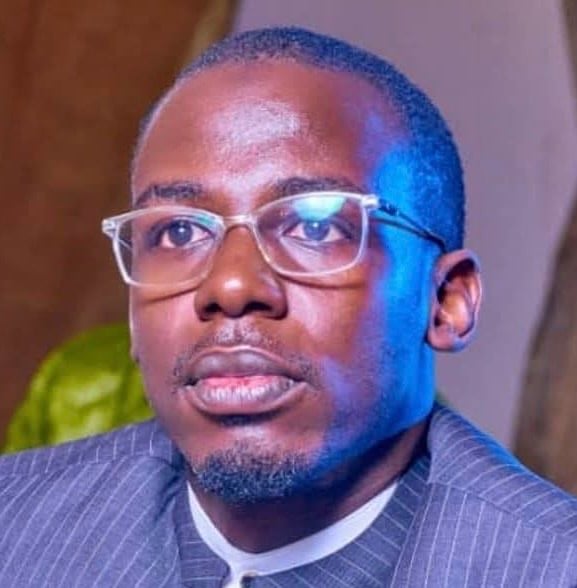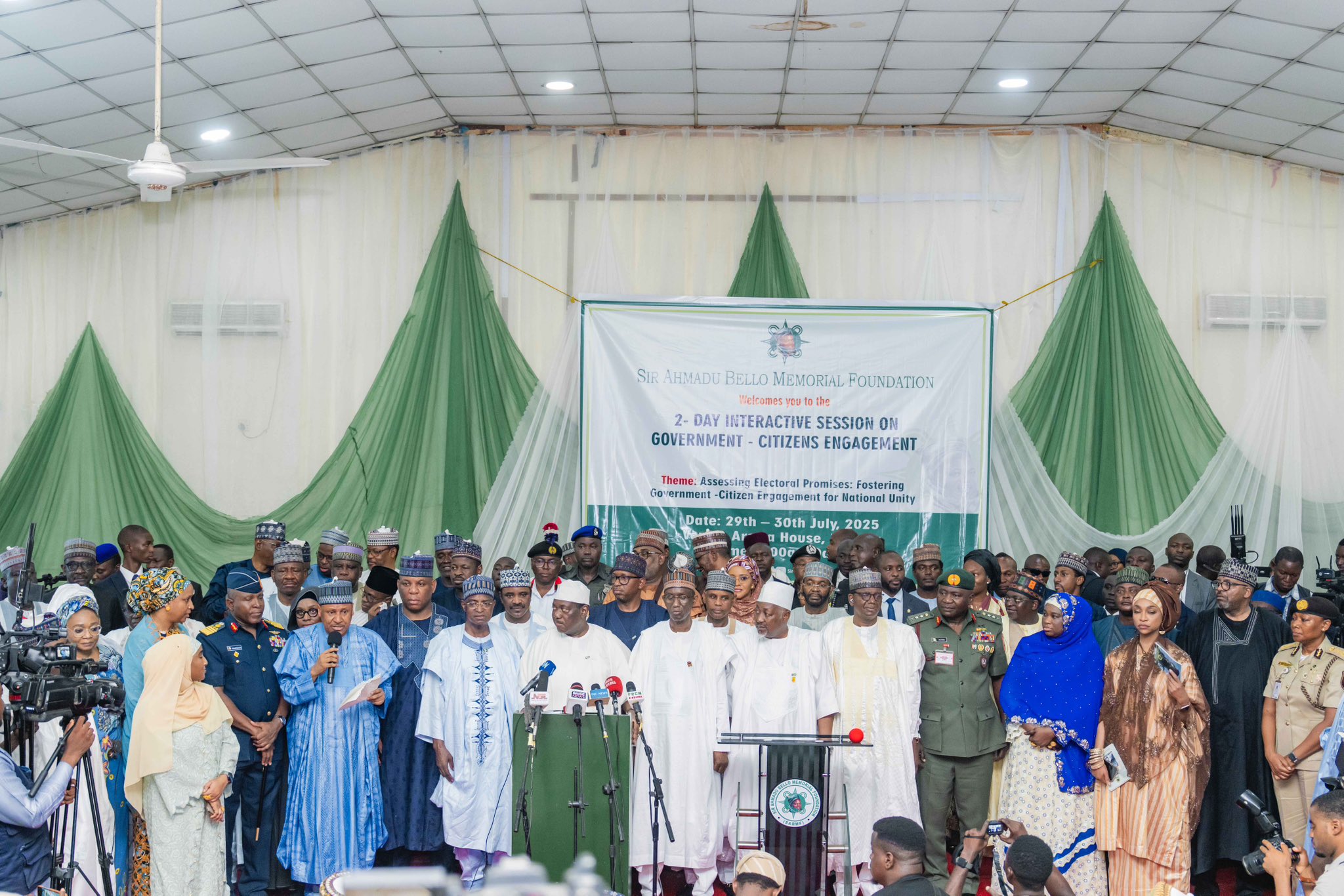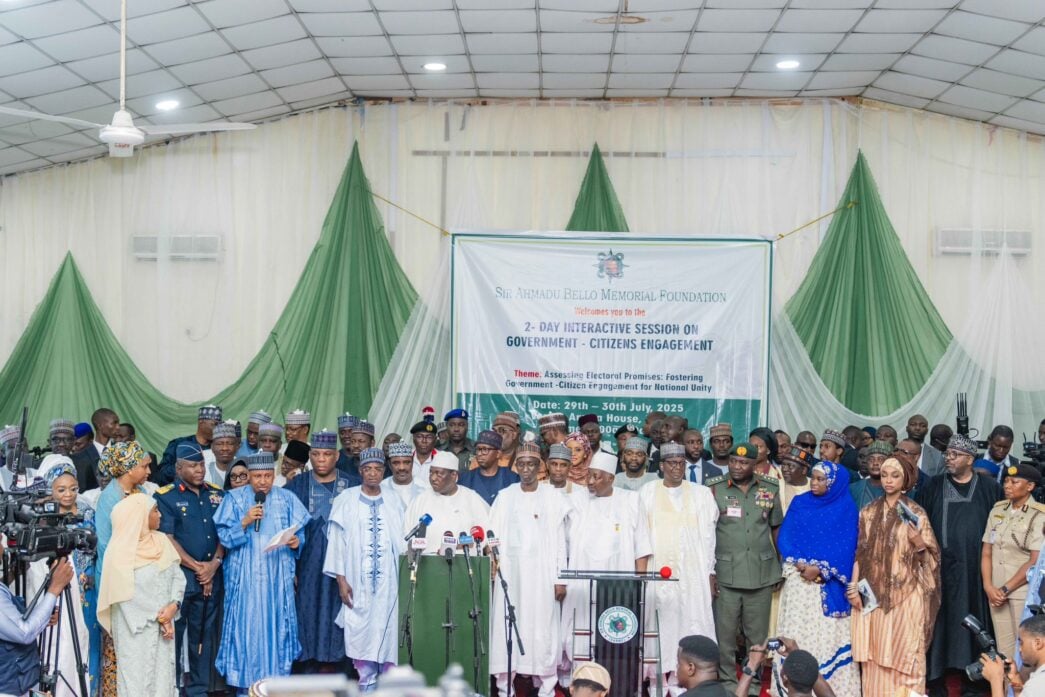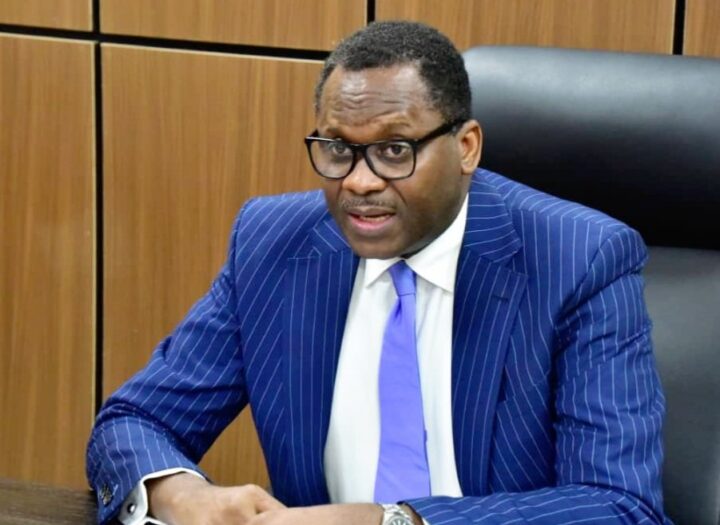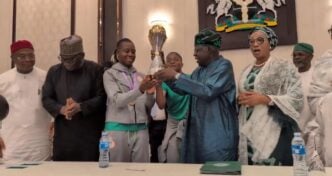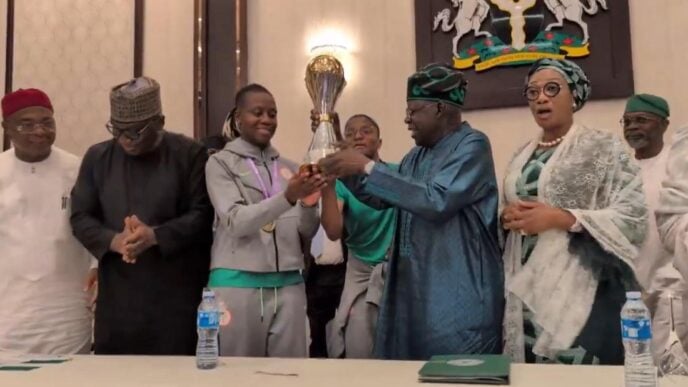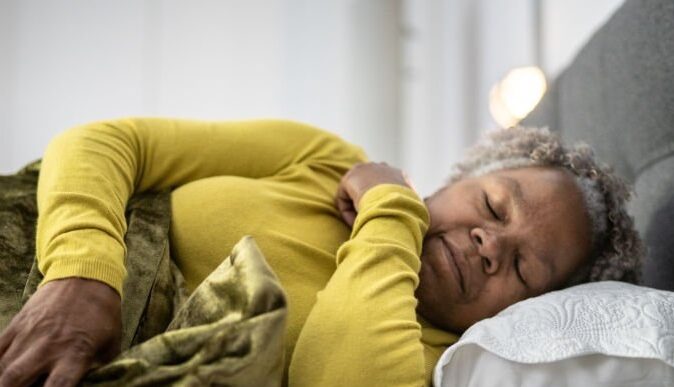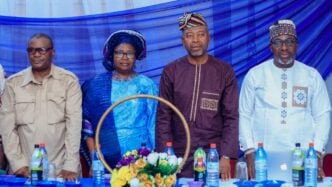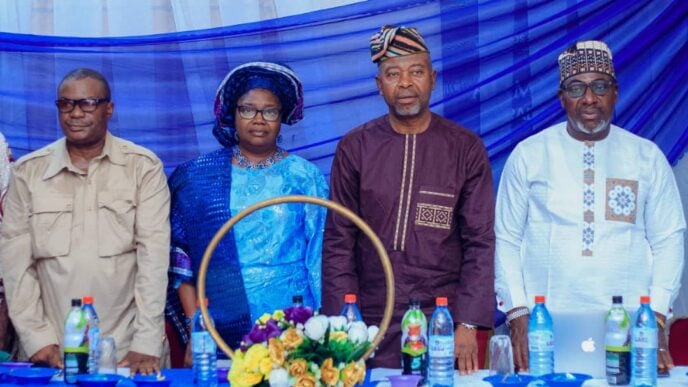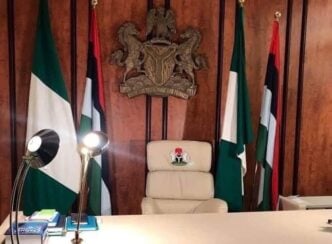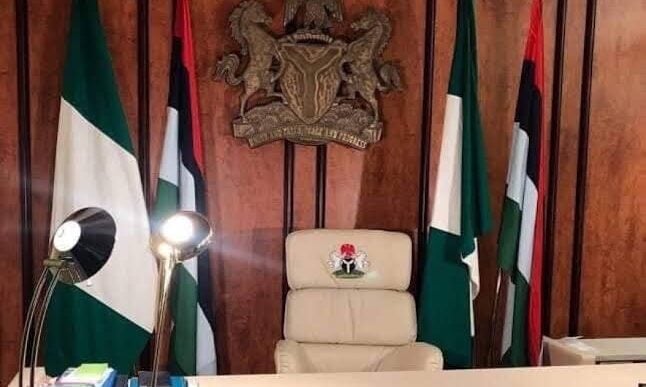For two full days in Kaduna, Northern Nigeria rewrote the playbook on democratic accountability.
There was no stage. No scripts. No political rallying. What unfolded instead was something rare in Nigeria’s political culture—a public, unscripted, and data-backed performance review of President Bola Ahmed Tinubu’s administration. Ministers, and security chiefs did not just show up for ceremonial appearances. They stayed. They listened. They responded. They answered tough questions, many of them unfiltered. And they came armed not with rhetoric—but with evidence.
The summit, put together by the Sir Ahmadu Bello Memorial Foundation, Northern Nigeria was, by all accounts, unprecedented. It yielded the big stage for criticism and commendation alike. Ministers had to earn their applause with substance, not slogans. For once, governance was not hiding behind podiums or siren-blaring convoys. It was face-to-face with the people.
The Summit That Held a Mirror to Power
It would have been easy to mistake this gathering for another government jamboree. But you only needed to sit in the crowd, to listen to the raw questions from the led, to hear the hard numbers ministers were made to justify, to know this was different.
Advertisement
President Tinubu himself, we were told, wanted to attend but chose to respect the regional character of the event. Instead, he reportedly followed the proceedings live, postponing other scheduled meetings just to stay glued to the conversations in Kaduna. In a political system where leaders often govern from a distance, this gesture of attention spoke volumes.
And his cabinet did not disappoint.
From the SGF George Akume to the National Security Adviser, Minister of Defence Badaru Abubakar to Minister of Livestock, to Budget Minister Atiku Bagudu, the government team sat in the same hall with citizens and critics and gave account. What emerged was a picture not of perfection, but of real progress.
Security: From Panic to Pushback
Perhaps the most emotional moment came from the security team. Nuhu Ribadu did not give a generic update. He presented photographic evidence, gruesome, perhaps, but necessary, showing the corpses of high-profile terrorists like Dogo Isah and Kachalla Shekau, neutralized in recent operations.
Advertisement
He detailed the numbers: 12,100 hostages rescued. Over 30 high-level bandits and gunrunners now facing prosecution. The Abuja–Kaduna expressway, once a corridor of fear, now seeing traffic at night. No longer whispers of victory, now backed by names, places, photos, and prosecutions.
And beyond the battlefield, logistics have changed. Through the Davon Bill, Nigeria has begun producing its own Armoured Personnel Carriers. No more years-long waits for foreign procurements. Nigeria is, at last, arming itself with tools made by its own hands.
Infrastructure: Naming Roads, Not Just Cutting Ribbons
The Minister of States for Works, Barrister Bello M Goronyo was not vague. He stood before the summit and listed 135 road projects completed across the North—naming them, state by state. Journalists were invited to verify. The Kaduna–Kano rail project, once a frozen promise, is now visibly back on track.
One project stood out: the Sokoto–Badagry Superhighway. Originally designed in the Second Republic, it never made it into any modern administration’s manifesto—until now. Tinubu revived it not for votes, but for its strategic value in linking the North to economic ports. That’s not politics. That’s planning.
Advertisement
Economy: Reforming the Bones, Not Just the Skin
When Minister Atiku Bagudu took the microphone, he didn’t sugarcoat the reality. Tinubu, he reminded the audience, inherited an economy drained by debt, distorted by unsustainable fuel subsidies, and disoriented by multiple exchange rates. “It was like drawing water from a dry well,” he recalled the president telling ministers.
Instead of patching the cracks, the administration restructured from the root. Hard decisions were taken not to punish but to recalibrate.
New ministries were created, not for bloated bureaucracy, but for clear mandates. Livestock Development to address the age-old pastoral economy. Blue Economy to harness Nigeria’s maritime potential. Creative Economy to formalize an already-thriving industry. And perhaps most crucially, Regional Development, to ensure that every corner of the country is given the pencil to draw its own path to progress.
The results? Debt dropped and revenue, grew across all the sub-Nationals government the minister revealed how Jigawa State state’s debt dropped from ₦40 billion in 2023 to just ₦1 billion by early 2025. That’s not a miracle. That’s what happens when revenue rises and wasteful spending shrinks.
Ministers Who Didn’t Rush Back to Abuja
The most powerful image from Kaduna wasn’t in any official photograph. It was in the sight of federal ministers, men and women of high office, sitting quietly in the audience, jotting notes, occasionally nodding to citizens’ complaints, and staying until the very end.
Advertisement
It was Minister of works explaining project timelines without evasion. It was the Minister of Housing, Ahmed Dangiwa, detailing unit-by-unit housing developments from Karsana to Katsina, backed by photographs, drone shots, and completion rates. It was the Minister of Humanitarian Affairs facing questions about flood response. No one left early. No one ducked accountability.
A Region Reasserting Its Civic Power
For Northern Nigeria, this summit was not just about assessing the federal government. It was a statement of its own agency. Too often, regional identity has been hijacked by division or nostalgia. But in Kaduna, the North asked hard questions, not as opposition, but as stakeholders.
Advertisement
Civil society groups grilled ministers on gaps. Traditional rulers called for more climate-resilient farming policies. Media personnel were not just invited—they were encouraged to ask unscripted questions.
The tone was respectful, but firm. And the administration responded in kind.
Not a Government Without Flaws—But One That’s Listening
Inflation is still high. Unemployment still bites. And food prices continue to challenge families. Insecurity still bites many communities. No one at the summit pretended these problems had vanished. What was clear, however, was that this is not a government claiming omnipotence.
Advertisement
“We haven’t solved everything,” one minister admitted, “but we’re not sleeping either.”
That line stuck with me. Because for once, it didn’t feel like lip service.
Advertisement
Final Reflections: Kaduna Gave Us a Template
I have attended dozens of government summits and policy talks. But Kaduna was different. It was, in every sense, a turning point, a demonstration of how democracy is meant to function when the governed are not just spoken to, but spoken with.
A presidency willing to submit itself to a region not known for political loyalty. A cabinet that offers not slogans but data. And a population that, rather than shout from the margins, entered the room and took the microphone.
If we do this again, if other regions follow suit, Nigeria may yet turn the corner not just on governance, but on trust.
The North asked questions. The government answered. And in that dialogue, democracy did not just survive. It showed signs of life.
Views expressed by contributors are strictly personal and not of TheCable.
